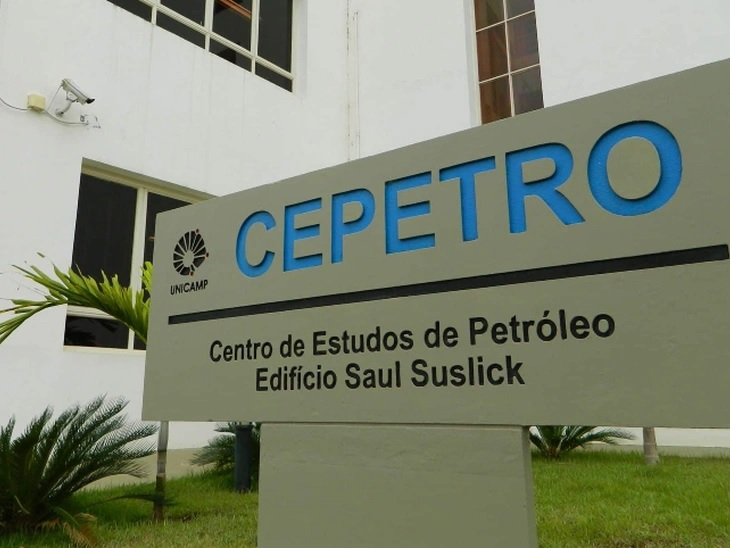CEPETRO develops for Petrobras a tool that integrates multiple oil industry simulators
Project Coral connects models from different offshore production domains to support more accurate and sustainable decisions.
T&B Petroleum/Press Office CEPETRO19/08/2025 13:20

The Reservoir Simulation and Management Research Group (UNISIM), from the Center for Petroleum Studies (CEPETRO) at Unicamp, has developed, with funding from Petrobras, a software that connects simulators from different production domains — from reservoir to platform. The technology, developed in Lua and Python programming languages, was designed to be flexible and scalable, facilitating integration with different systems and enabling the use of methodologies already consolidated in the industry. The tool makes it possible to analyze, in a unified way, how operational or project changes affect production, costs, and greenhouse gas emissions.
Denis José Schiozer, professor at Unicamp’s School of Mechanical Engineering and coordinator of UNISIM and the project, emphasizes that the initiative results from more than two decades of work to consolidate Petrobras’ culture of integration in decision-making. “Choices related to field development and offshore operations involve technical areas that usually work in isolation. Our goal was to provide a single vision that simultaneously considers technical, economic, and environmental factors, enabling more efficient and sustainable decisions,” he stated.
Named Coral, the project has in UNISIM the authorship of the most strategic part of the system: the numerical core, capable of handling complex data — such as changes in fluid composition over time —, overcoming common integration limitations like communication failures between systems and bottlenecks in high-productivity scenarios, as well as allowing the reuse of available data, optimizing time and increasing simulation accuracy. This makes it possible to create and test new well management and field development strategies more quickly and reliably.
The software, which already has intellectual property registration, is for Petrobras’ exclusive use and addresses the company’s specific demands. The technology was recognized with the Inventors Award from Inova Unicamp, in the “Licensed Intellectual Property” category. According to technical lead João Carlos von Hohendorff Filho, Coral couples simulators that previously operated in isolation, creating a unified analysis environment.
“This way, it is possible to evaluate, for example, how changes in the number of wells, pipeline layout, or platform size impact both production and CO₂ emissions, and even simulate economic scenarios. This opens space to optimize processes and develop emission-reduction strategies already in the project phase,” he explained.
Petrobras’ investment in this stage of the UNISIM project, which began in 2021, was around BRL 10 million, with completion scheduled for 2025 and the possibility of renewal for another five years. In the next phases, there are plans to incorporate results from other CEPETRO research groups — such as experimental studies on wax deposition or foam formation in pipelines — into the Coral simulation environment. While laboratory studies identify how and under what conditions these phenomena occur, integration into the software will allow researchers to virtually predict when and where they may arise in a field and their impact on production over decades.
On August 21 and 22, CEPETRO will host researchers from Instituto Cesar — the partner responsible for the software’s graphical interface — for technical meetings and an open workshop for the academic community. The teams will align the next stages of interface development and other Coral features, while Instituto Cesar will present other innovations, strengthening collaboration prospects with Unicamp.
The Center for Petroleum Studies (CEPETRO) is a research center at the University of Campinas (Unicamp) with more than 35 years of history, focused on oil, gas, renewable energy, and energy transition. With five buildings totaling more than 5,000 square meters, its own laboratories, and over 350 researchers, CEPETRO carries out R&D projects, provides technical and consulting services, trains highly qualified professionals, and promotes knowledge dissemination. Its R&D projects are funded by companies, foundations, and government research agencies. CEPETRO is one of the largest recipients of resources through the RD&I clause of the National Agency of Petroleum, Natural Gas and Biofuels (ANP).




